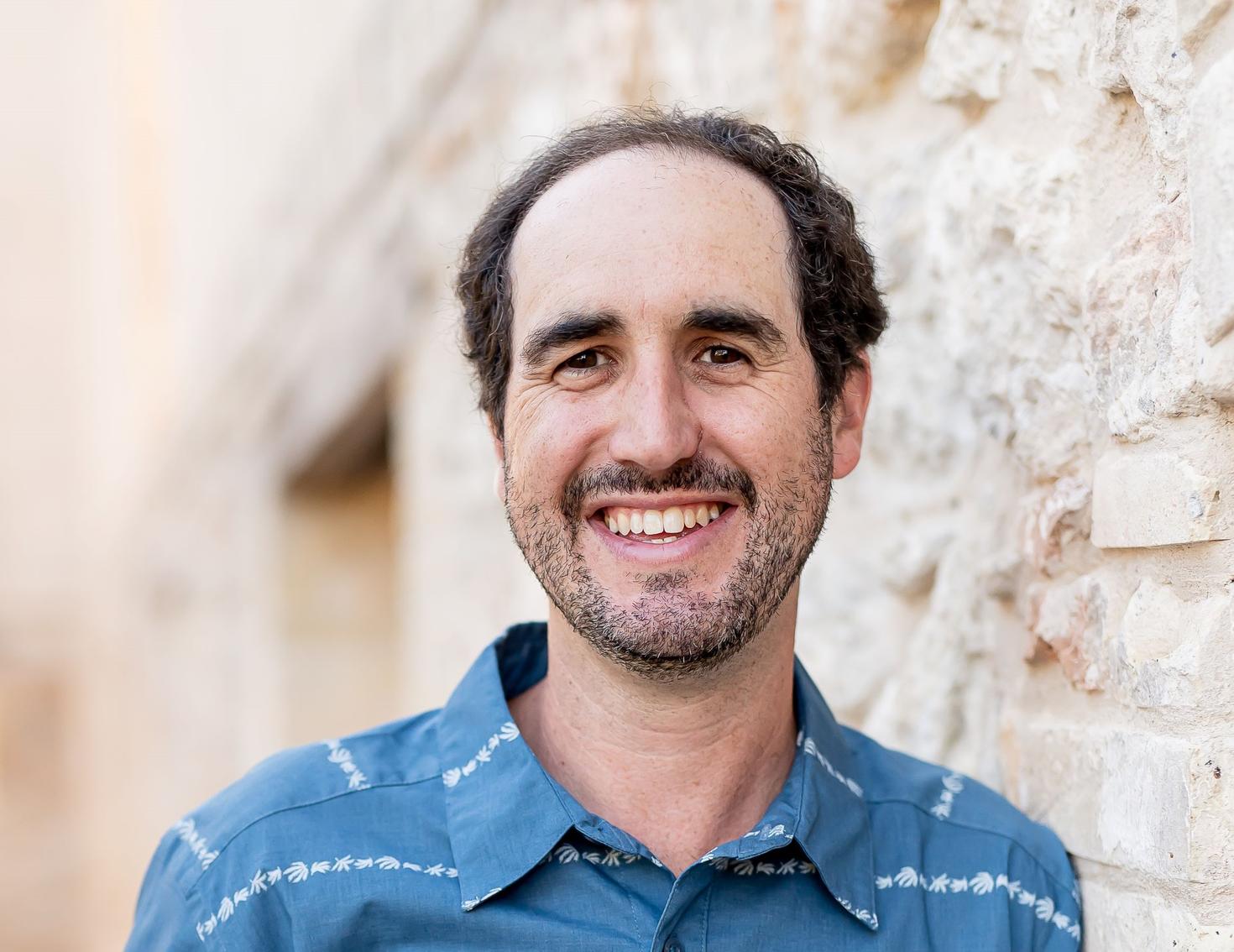Trained as a speech-language pathologist, Bérubé is an associate professor in the Faculty of Health Sciences at the University of Ottawa and a specialist in children’s language development. In both his teaching and research, he favours a positive approach that builds on children’s strengths. He adds that he avoids using the term “disorder,” preferring “prolonged or non-linear language development.”

Evaluation vs. screening
Until 2020, Bérubé’s research mostly looked at development of language assessment tools, in monolingual and multilingual settings. Supported by a research team and Social Sciences and Humanities Research Council of Canada (SSHRC) funding, he created and validated a tool to assess francophone children’s speech sounds. This project grew to include testing a similar tool in around 20 other languages, including German, European Portuguese, Mandarin, Slovenian and Jordanian Arabic.
Another project in the same vein, funded by Health Canada, was intended to validate a screening tool in French. Bérubé says that, unlike assessment tools, which involve children in whom prolonged language development has been identified, screening tools verify the production of speech sounds by all children. In other words, screening is a form of early testing for all.
In his research, Bérubé continues to facilitate the work of speech-language pathologists, which is also the goal of one of his new projects in collaboration with Andréa MacLeod, professor at the University of Alberta, also SSHRC funded.
Using long words for faster screening
Since 2023, Bérubé and Glenda Mason, a professor at the University of British Columbia, have been carrying out a project that will run until 2029. The goal is to assess preschool and school-aged children’s ability to produce long words in English, and to examine the link between this ability and reading skills.
Bérubé explains that in children with non-linear language development, the length of a word influences their level of ease in pronouncing it. “So, a child will have more difficulty producing the ‘po’ sound in ‘hippopotamus’ than in ‘hippo,’” he explains.
However, current screening tests used by speech-language pathologists to assess children’s speech use lists with very few long words to pronounce. Thus, the research project aims to prove that use of longer words would allow for better identification of children at risk. A list of 40 multisyllabic words (two syllables or more) will be used to test this hypothesis with a sample of 500 children in four provinces (Alberta, British Columbia, Manitoba and Ontario).
By replacing hour-long conversations with children potentially at risk with their reading of a list of longer words, Bérubé could propose a faster technique to get to the same results.
Prevention rather than cure
According to Bérubé, there’s a close link between children’ speaking and reading skills. Thus, rather than waiting for children to learn to read — in Ontario, at six years of age — speech-language pathologists could recognize those at risk at a younger age through pronunciation exercises.

If problems are detected early, teams of educators and speech-language pathologists can rely on prevention strategies, for example, preliteracy techniques, before children formally learn to read. For Bérubé, this approach would also be much less costly for the education system, since teachers are already trained to use classroom reading strategies. Once problems are identified, speech-language pathologists, working closely with teachers, will be able to intervene immediately with children at risk.
